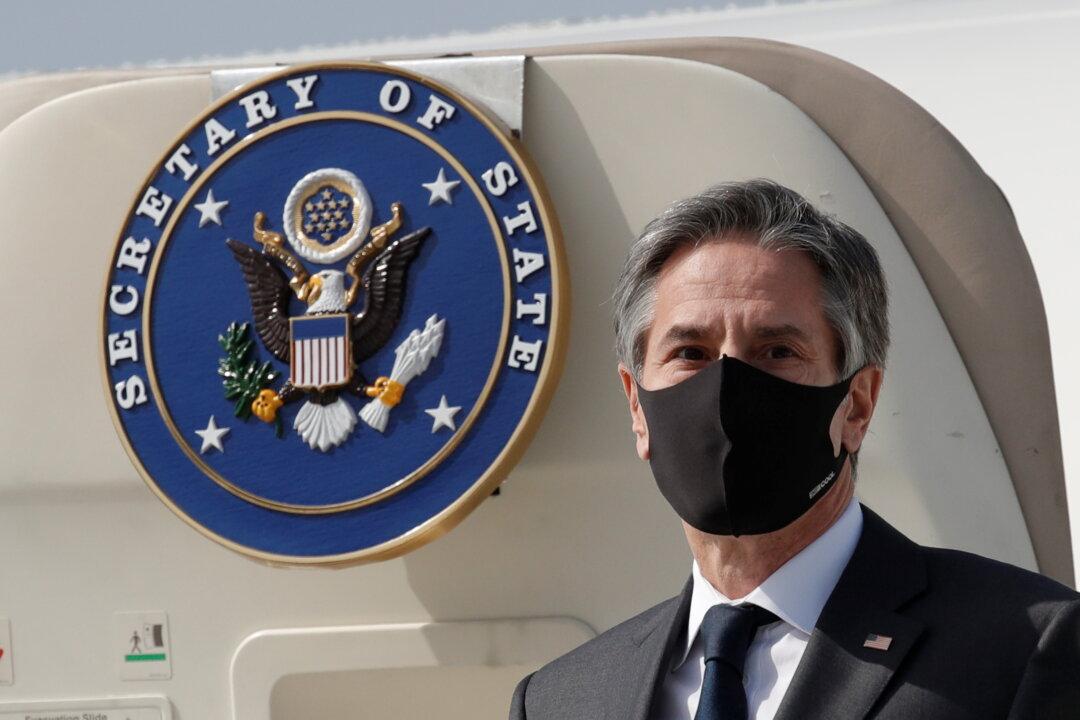U.S. Secretary of State Antony Blinken said on March 17 the Chinese regime was acting aggressively and repressively, and accused North Korea of committing “systemic and widespread abuses” against its own people.
Blinken’s remarks disclosed a fissure in Washington and Seoul’s approach to China and North Korea, openly pressing South Korea to join hands in keeping Beijing in check and improving Pyongyang’s human rights violations.





